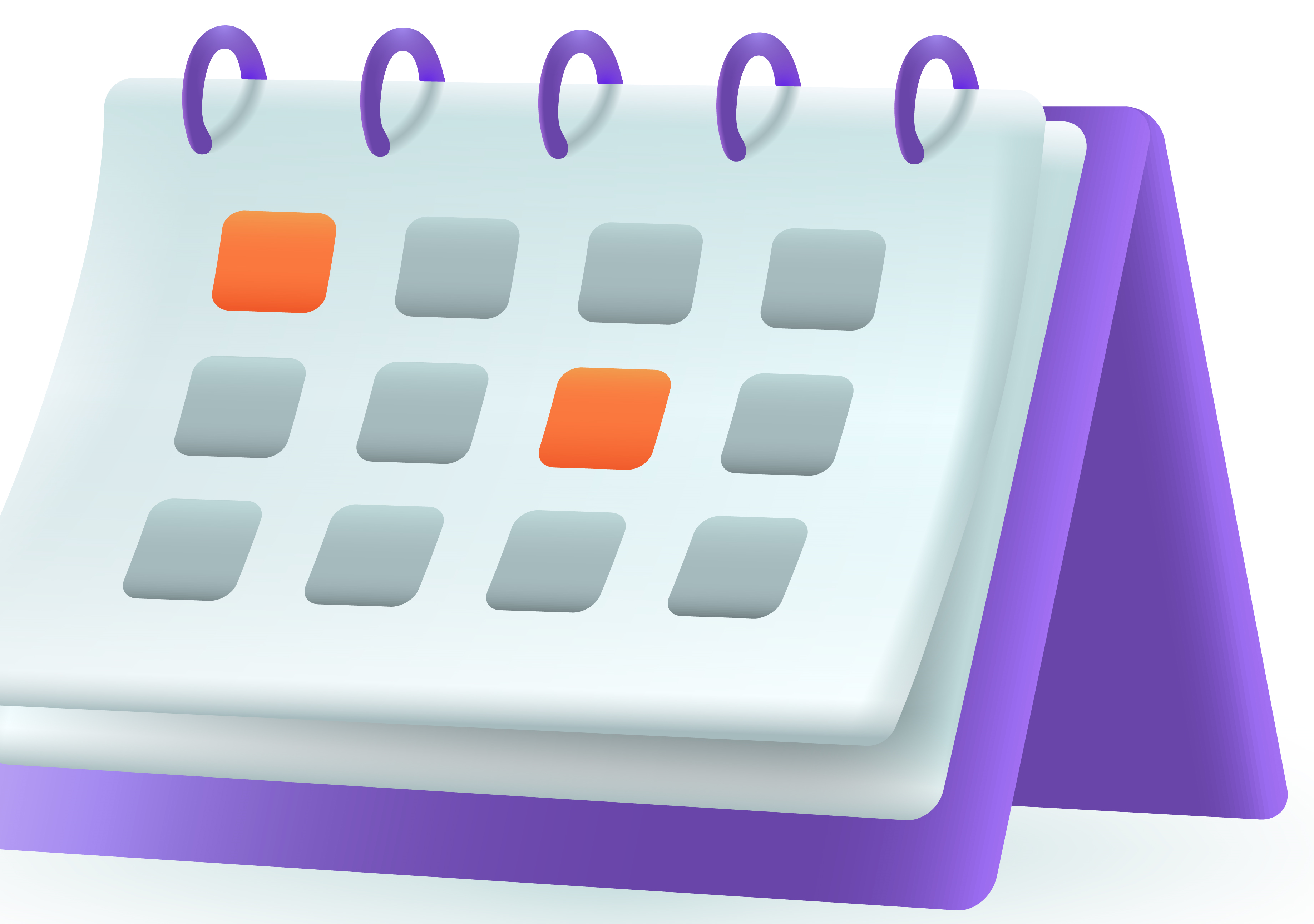THE IOWA IMMIGRANT ORAL HEALTH PROJECT
Executive Summary
Delta Dental funded Oral Health Program (OHP) to implement a project that seeks to expand access to immigrants in Iowa. The goal of this project was to leverage Iowa’s Dental Wellness Plan (DWP) to expand access to dental care for immigrants by using community peer educators to educate and sensitize the immigrant population on the DWP and generally about improving their self-efficacy in oral health preventive practices. The OHP utilized a two-prong approach of community campaign and continuous sensitization through routine channels. In total a total of 195 immigrants were reached, 60 through community campaigns and 135 through the routine channels. The OHP team conducted a posttest evaluation of knowledge after the sessions among 60 immigrants and 81 percent of immigrants provided the correct response, showing the success of the project. Some of the challenges found during implementation include late arrivals during the campaigns, difficulty in convincing people go for dental treatment, inclement weather and impatience among immigrants at food bank. It is recommended that the project be scaled via the use of a mobile ultrasonic scaler and a wider range of screening and basic treatment services provided to immigrants.
Background
There is high burden of dental caries in Iowa especially in children age 6 to 9 with more than 50 percent of these children experiencing caries which is higher than the Healthy People 2020 target. Contributory factors include lack of oral health/dental services which rank among the top 23 health issues in Iowa (IDPH, 2016b) and is driven by lack of health insurance according to the United Health Foundation report which shows that 4.6% of the population in Iowa are without health insurance. Most of these are among the immigrant population in Iowa.
A sizable population of people in Iowa are immigrants. American immigrant council estimates that this population is about 4%, with up to 538 newly arrived refugees into the US settling in Iowa in 2018. Iowa refugee assessment report of 2018 shows that dental ailment is the second most prevalent condition among new entrant refugees. Newly arrived immigrants are often economically challenged, seeking jobs and social integration in a new country. They are therefore vulnerable to inadequate oral health care, especially in the first few months to years after arrival. The COVID 19 pandemic has made the above situation worse by limiting access to general health care from both the provider and user sides. On the one hand, increased workload for health care workforce and procedures for controlling the pandemic means only so much patient can be seen at a time. On the other hand, hesitancy and fears over the pandemic and job losses among immigrants have combined to reduce visits for dental health care.
Oral Health Program was funded by Delta Dental to implement this project geared towards expanding dental services among immigrants in Iowa. In response to these, our organization has implemented a program which focused on using community peer educators to sensitize and mobilize immigrants to better access dental services. A two-prong approach was used for the community sensitization: mass campaigns and sensitization through routine channels. While the former was pre-planned for fixed sites, the latter was done through regular social channels familiar to each of the peer educators.
The community sensitizations sought to optimize uptake into the dental wellness plan which is an initiative by the Iowa department of health. Training modules were developed for the peer educators who were volunteers and educational materials were translated in native languages of the most populous refugees (French, Swahili and Arabic). The project mainly targeted immigrant population in Iowa. These immigrants are from DRC, Sudan, Eritrea, Burundi, Ethiopia, etc. Our approach has led to encouraging results in total number of immigrant population reached and the summary is shared in this report.
Sensitization campaigns
First Campaign

Date
06/26/2021

Time
12:30 – 4:30pm

Venue
106 1st avenue, Coraville 52241

Target Audience
Iowa Sudanese community
Second Campaign
Second Campaign

Date
06/26/2021

Time
10:30 – 2:30 pm

Venue
1819 Lower Muscatine RD, Iowa city

Target Audience
Iowa Congolese community
